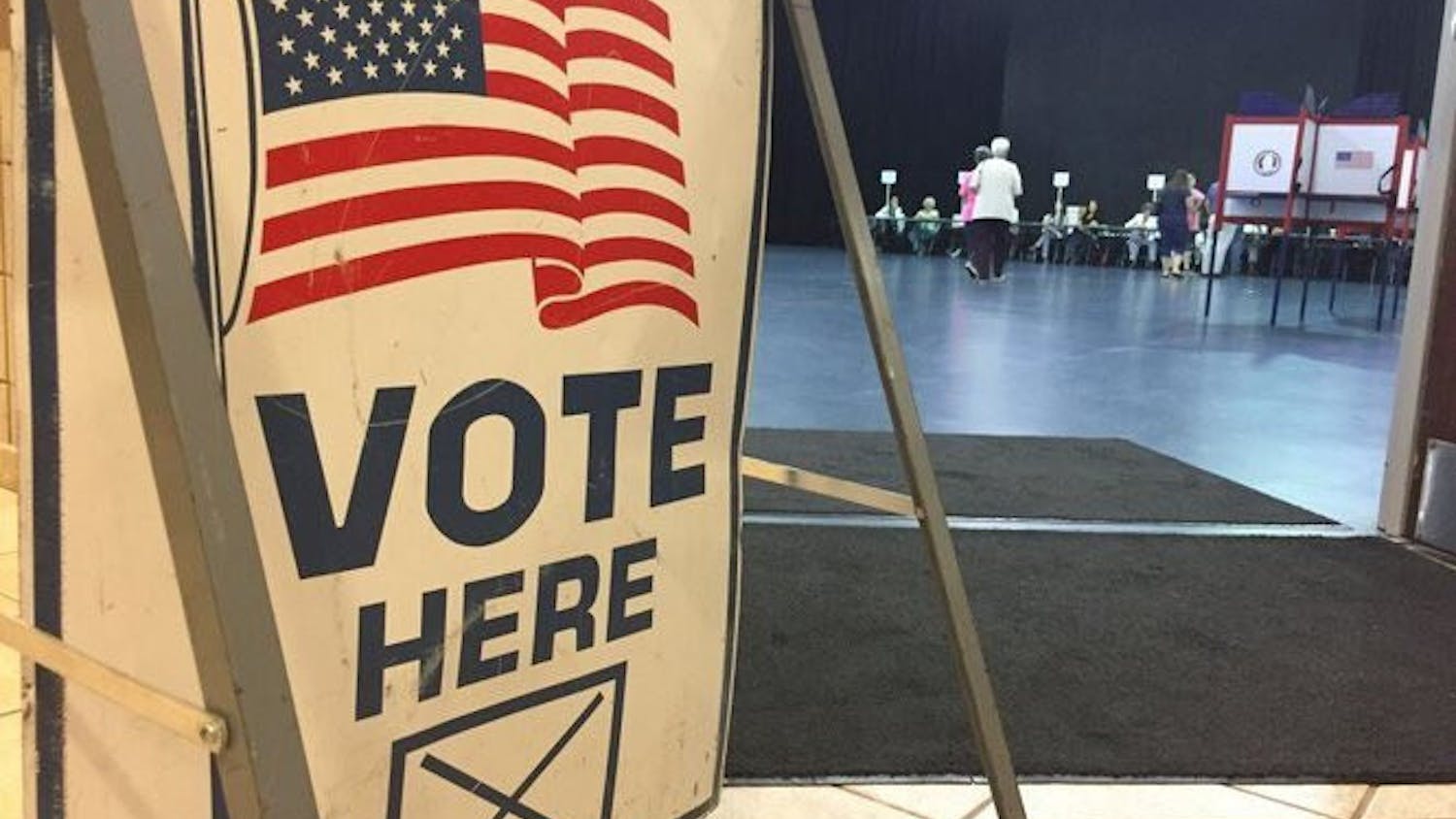By Rebecca St Fleur
Correspondent
The Trump administration has permitted $40 billion of financial aid to Argentina as it deals with a macroeconomic crisis. Argentina’s president, Javier Milei, has grown a close working relationship with President Trump and they consider each other allies.
According to PBS, on Oct. 14, President Trump declared that “the United States is exchanging dollars for Argentine pesos to prop up that currency, which has been losing value recently…And [Trump] made clear that this is contingent on Milei's party winning legislative elections later this month.”
In addition to this $20 billion currency exchange, Trump is looking to provide another $20 billion in private bank loans if Milei triumphs in the national midterms. Currently, Milei has two years left in his presidential term and ideologically aligns himself with Trump.
This is not the first time the United States has helped out another country in a financial crisis, such as when the Clinton administration made efforts to stabilize the economy of Mexico, a trading partner. However, many economists have voiced their concern over Trump’s foreign policy, as it conflicts with the interests of America.
In the Financial Times, Heidi Crebo-Rediker, a former chief economist at the State Department wrote, “The Treasury’s decision to offer a “swap” in Argentina is really a signal that Washington is willing to wield its financial tools for political purposes in ways that depart from past norms. If that approach extends to the Fed itself, the consequences for global stability could be profound.”
Critics claim that Trump’s deal has nothing to do with the possibility of financial contagion spreading to the United States as the president has made clear that the U.S.’ support of Milei is entirely conditional, rooted in his electoral success.
The New York Times states, “Mr. Trump’s bailout of Argentina has come with political blowback at home. Democrats have seized on the bailout to accuse Mr. Trump of helping out a foreign government and wealthy investors while the U.S. government remains shut down because of a dispute over extending health care subsidies. Major hedge funds, including those led by friends of Treasury Secretary Scott Bessent, could benefit financially from the bailout. Funds at investment firms including BlackRock, Fidelity and Pimco are heavily invested in Argentina, as are investors who worked with Mr. Bessent when he was an investor for George Soros.”
This deal also comes at the expense of many American farmers and ranchers who have been vocal about their anger and feelings of betrayal. Axios details, “Shortly after the U.S. first said it would come to Argentina's aid, the government dropped an export tax, which allowed Argentine farmers to sell soybeans to China at substantially lower prices. That further displaced American farmers, who've seen their largest export market evaporate amid Trump's trade war.”
Even from members of Trump’s own party, the president faces severe backlash over the proposed deal. Tension and discord have only escalated since then due to a move regarding Argentine beef.
“The White House is looking to buy four times its typical quota of Argentine beef in an effort to lower consumer food prices — a move that risks alienating longtime farm-state allies of President Donald Trump, according to people familiar with the talks. Trump administration officials have told Hill Republicans and agriculture industry representatives that they’re eyeing a purchase of 80,000 metric tons of beef, though that number is not final and talks are ongoing, according to the four people and one senior administration official, who were all granted anonymity to discuss the matter. The U.S.’ current beef import quota on Argentina is 20,000 metric tons,” POLITICO Pro reports.
The price of ground chuck has risen by 20% since Trump took office in January, meaning that U.S. ranchers who have a high demand for beef, were making a good amount of profit. After Trump floated the beef proposal, many farmers took to the internet with their anger.
In response, Trump posted this statement on TruthSocial: “The Cattle Ranchers, who I love, don’t understand that the only reason they are doing so well, for the first time in decades, is because I put Tariffs on cattle coming into the United States, including a 50% Tariff on Brazil. If it weren’t for me, they would be doing just as they’ve done for the past 20 years — Terrible! It would be nice if they would understand that, but they also have to get their prices down, because the consumer is a very big factor in my thinking, also!”
Earlier in October, at a White House lunch with Milei, Trump said, “If he loses, we are not going to be generous with Argentina. I'm with this man because his philosophy is correct, and he may win it—He may not win, but I think he's going to win. And if he wins, we're staying with him. And if he doesn't win, we're gone.”
During Argentina’s midterm congressional elections on Oct. 26, Milei’s party, La Libertad Avanza won big, keeping the relationship of support between Milei and Trump intact. Key Biscayne Independent reports that the party “scored over 40% of votes compared with 31% for the left-leaning populist opposition movement, known as Peronism, exceeding analysts’ projections...The results also automatically position [Milei] as a candidate for reelection in 2027.”







